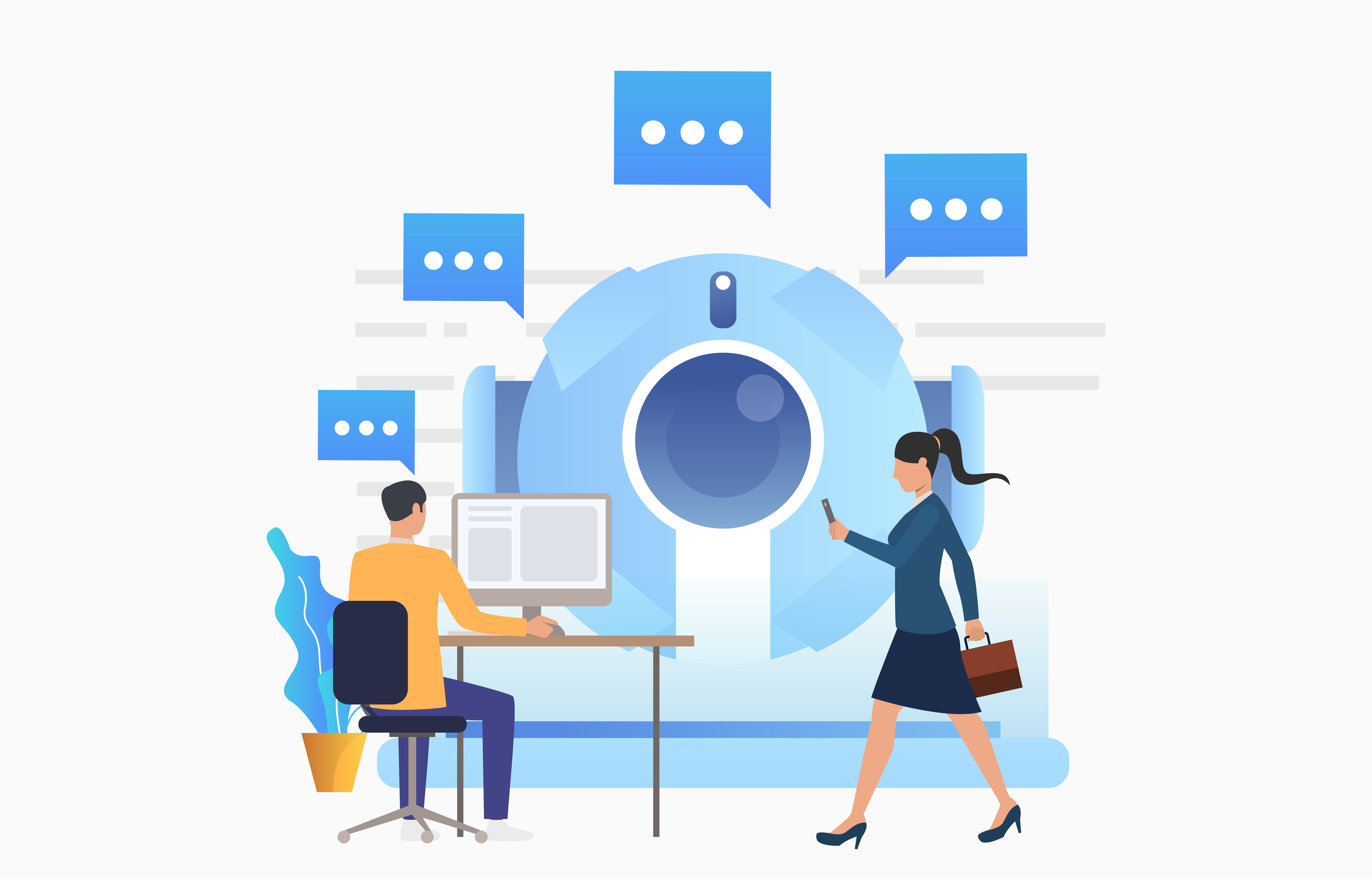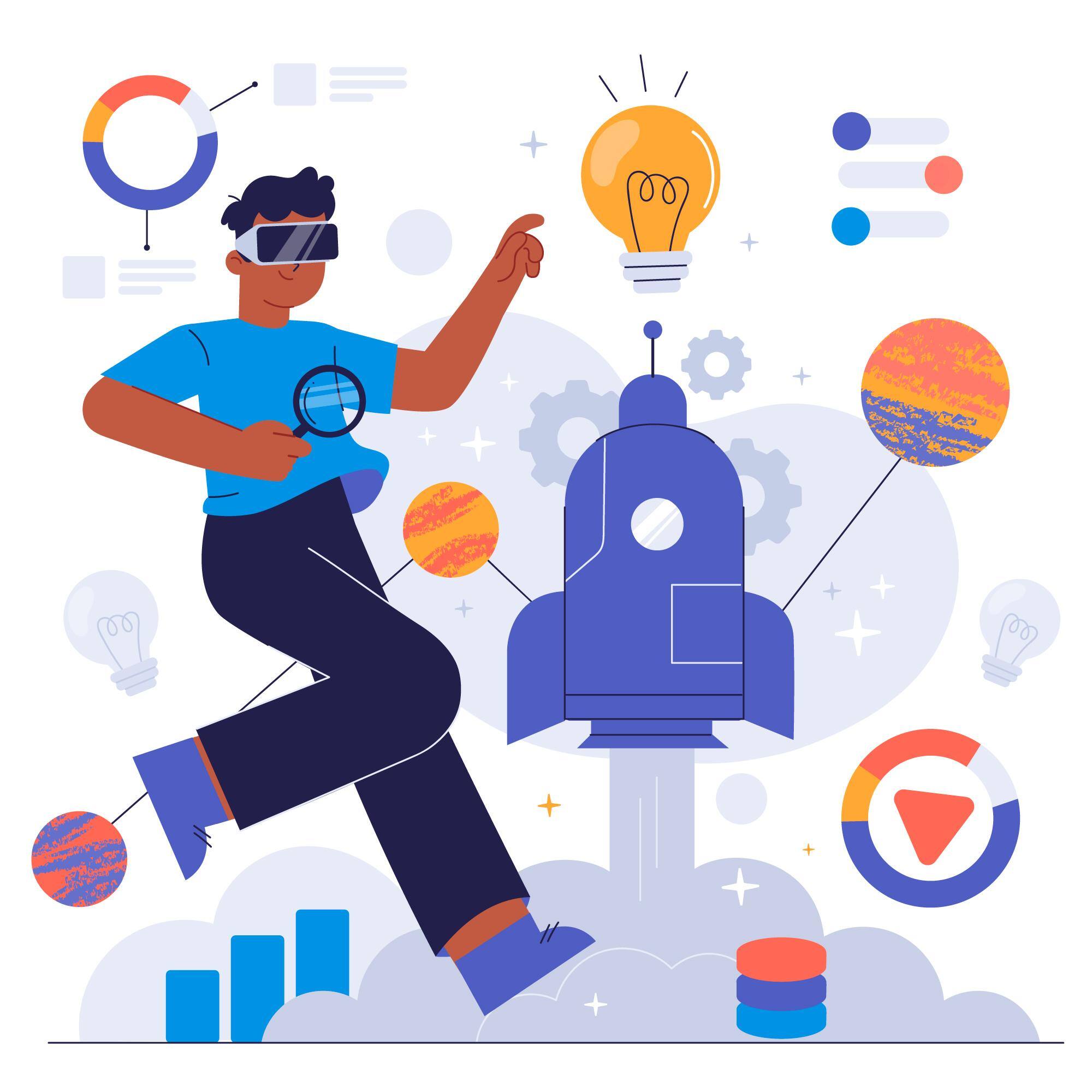HR technology is changing faster than ever, and with it comes new opportunities for organizations to keep employees engaged, skilled, and efficient. As businesses tackle these priorities, HR professionals are embracing innovative tools to stay ahead of the curve. In 2025, several game-changing HR tech trends are poised to transform corporate training strategies, helping companies thrive in a fast-moving global market.
In this blog, we’ll explore the key HR tech trends shaping 2025 and how they’re perfectly aligned with corporate learning goals. We’ll also take a closer look at microlearning—a dynamic and impactful way to upskill and reskill employees for lasting success.
Discover how cutting-edge HR tech trends and microlearning are set to reshape employee training in 2025—don’t miss this!
1. AI-Powered Personalized Learning
Artificial intelligence is revolutionizing the way organizations approach employee training. AI-powered systems analyze employee performance and learning preferences to deliver highly personalized training modules.
- Why it matters: Tailored learning paths increase engagement and knowledge retention. AI also enables adaptive learning, ensuring employees receive support in areas where they struggle the most.
- Microlearning connection: AI can break down complex training content into bite-sized lessons, delivering just-in-time learning experiences.
Explore how AI can revolutionize training with personalized, bite-sized lessons.
2. Predictive Analytics for Workforce Development
Data-driven decision-making is becoming indispensable in HR. Predictive analytics tools analyze employee behavior, performance trends, and skills gaps to forecast training needs.
- Why it matters: Predictive analytics allows HR leaders to proactively address workforce skill shortages and align training initiatives with future business goals.
- Example: Organizations can identify trends that indicate the need for new technical skills and roll out microlearning courses to address these gaps efficiently.
3. Immersive Learning with AR and VR
Augmented Reality (AR) and Virtual Reality (VR) are transforming corporate training by creating immersive learning experiences. These tools are particularly effective for hands-on training in industries like manufacturing, healthcare, and technology.
- Why it matters: Immersive learning reduces training costs, improves knowledge retention, and provides safe environments for practice.
- Microlearning connection: Short, scenario-based VR modules can be integrated into employee workflows for on-demand learning.
4. Unified Learning Experience Platforms (LXP)
Learning Experience Platforms (LXPs) provide centralized access to various training resources, enabling employees to learn at their own pace. These platforms often incorporate gamification, social learning, and AI to enhance engagement.
- Why it matters: LXPs cater to diverse learning styles and promote self-directed learning, which is crucial for remote and hybrid teams.
- Example: LXPs can feature microlearning content like short videos, quizzes, and flashcards to keep learners motivated.
5. Blockchain for Credentialing and Skills Verification
Blockchain technology is being used to verify employee credentials, certifications, and skill achievements in a secure and tamper-proof manner.
- Why it matters: HR teams can quickly verify an employee's qualifications, making hiring and internal promotions more efficient.
- Microlearning connection: Organizations can use blockchain to certify microlearning course completions, building trust in skill validation.
6. Gamification in Corporate Training
Gamification adds game-like elements such as points, badges, and leaderboards to corporate training programs to drive engagement and motivation.
- Why it matters: Employees are more likely to complete training when it feels interactive and rewarding.
- Example: Microlearning platforms can integrate gamified elements, making bite-sized lessons more enjoyable and impactful.
7. Remote Work Training Solutions
The shift to hybrid and remote work continues to influence training strategies. In 2025, HR tech tools will focus on fostering collaboration and communication skills in dispersed teams.
- Why it matters: Remote work requires new approaches to engagement, onboarding, and upskilling.
- Microlearning connection: Short, targeted lessons on communication tools, cultural sensitivity, and leadership can be delivered via mobile apps for on-the-go learning.
How These Trends Shape Corporate Training Strategies
HR leaders must adopt these trends to create training programs that are flexible, engaging, and aligned with organizational goals. Microlearning is a powerful approach that complements these trends, offering a scalable and effective solution to upskilling employees across industries.
By leveraging these tools, companies can ensure their workforce is future-ready, improving productivity and retention.
The HR tech trends of 2025 underscore the importance of embracing innovation in corporate training. Tools like AI, AR/VR, and predictive analytics are no longer optional but essential for creating impactful learning strategies.
5Mins.ai helps thousands of teams speed up their training and upskilling with our AI powered TikTok style platform, You can check out our full library of 20K + bite-sized lessons by filling in the form below
FULL CATALOGUE
.png)



